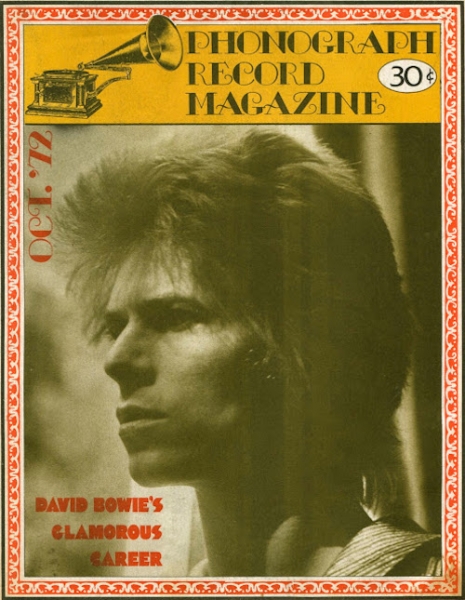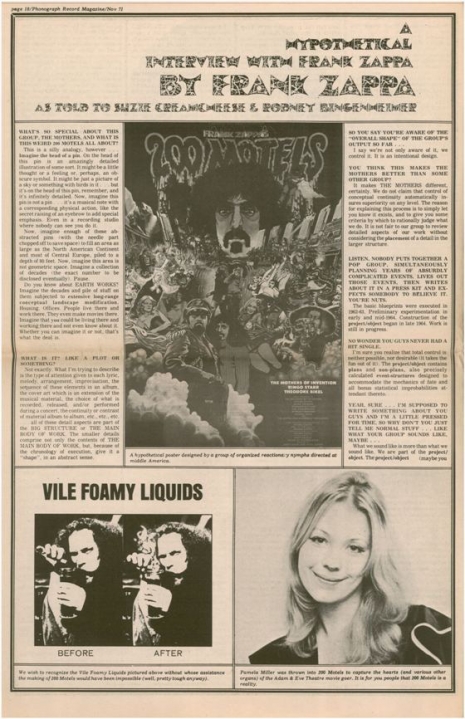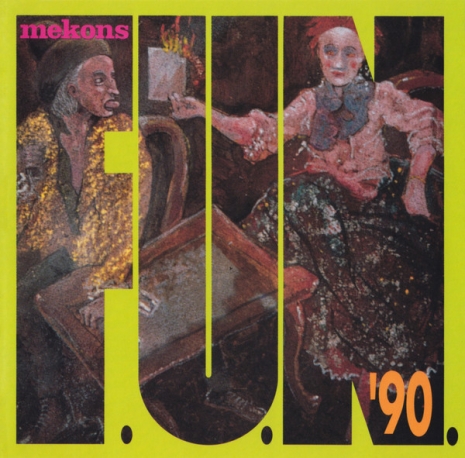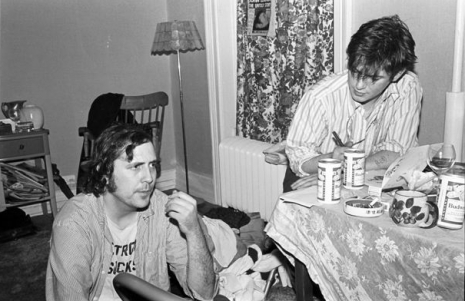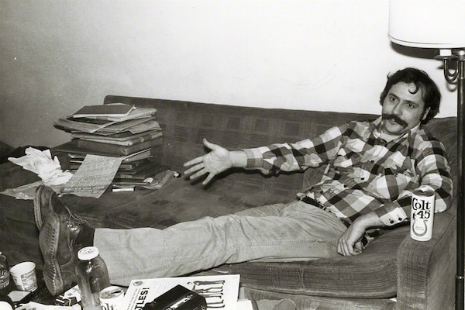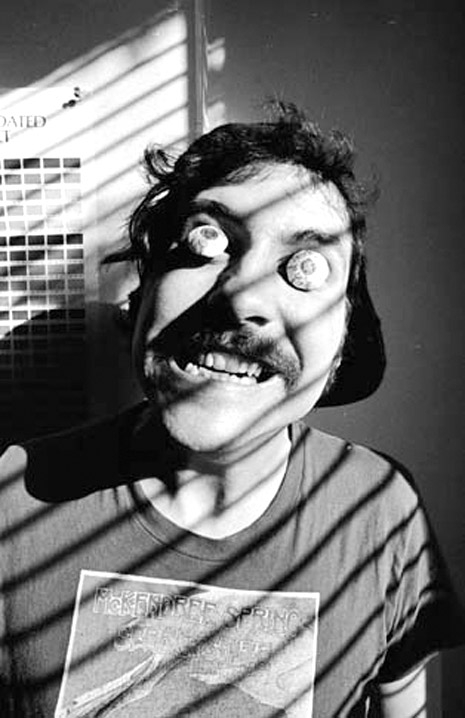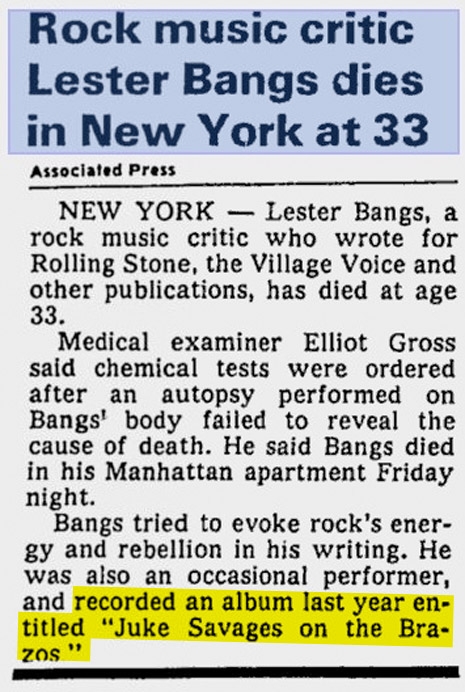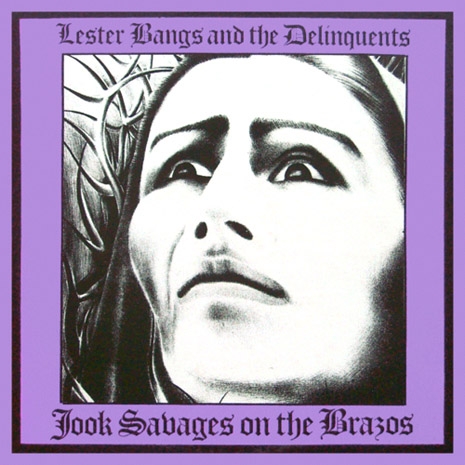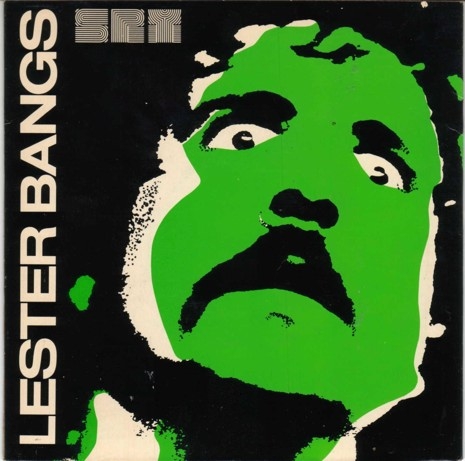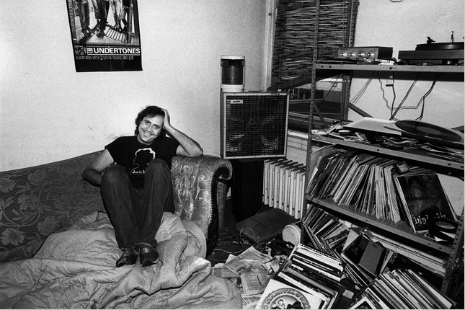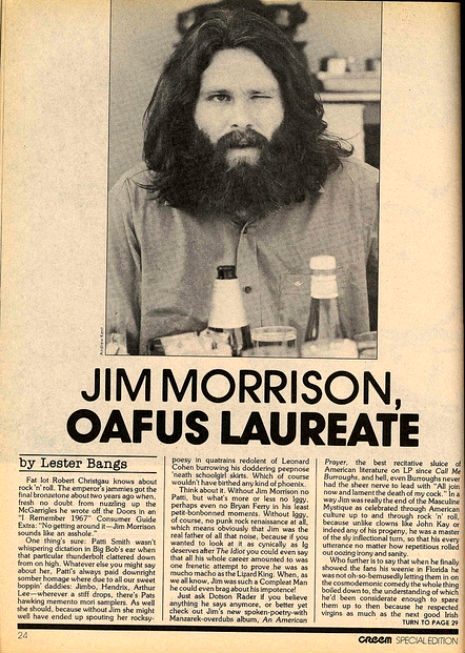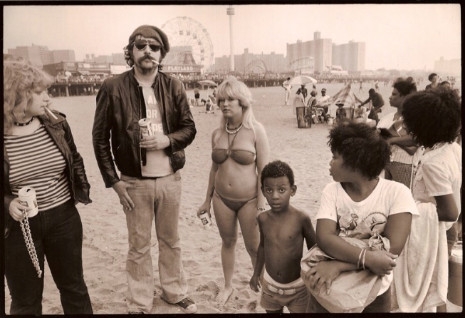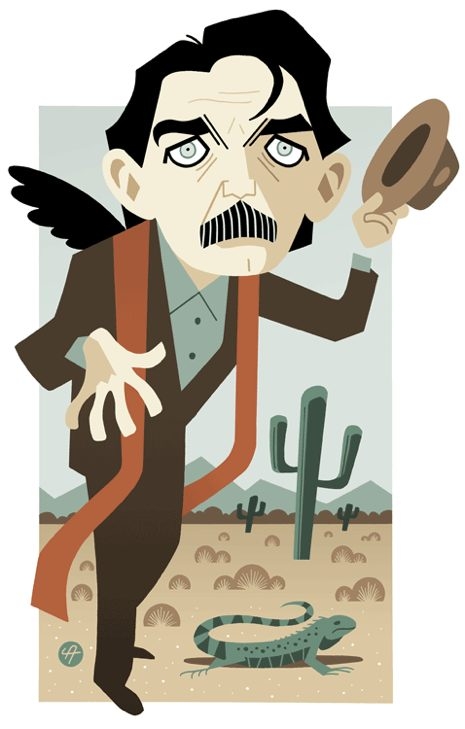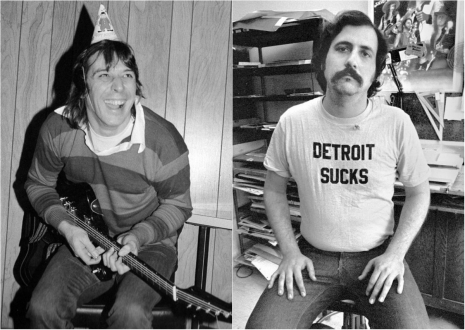
On September 17th, 1978, John Cale and Lester Bangs appeared on stage together at CBGB. This wild, one-off performance was captured on audiotape, though much in the way of specifics concerning this gig has been lost to the ages.
Lester Bangs had championed the Velvet Underground in his writings long before their greatness came to be conventional wisdom in critical circles—something VU founders Lou Reed and John Cale were certainly aware of. Bangs famously sparred with Reed during a series of interviews in the mid ‘70s, by which time he had also met Cale. The Welshman later spoke about what Bangs was like, as well as his appreciation of Lester’s work.
Lester was a scary individual in a way. I was bouncing around the walls, but he bounced around his own walls. Every time I spoke to him, it was a kind of easygoing conversation—a very rational sort of conversation. But when it ended up on the page, it was another story. It had a completely different edge to it that was spectacular. The ability of being able to creep inside and squirm around your head on the written page was really extraordinary. It was almost like he was trying to be a collaborator. (from Let It Blurt: The Life and Times of Lester Bangs, America’s Greatest Rock Critic)
During a 2016 interview, Cale was asked how he viewed Bangs as an artist.
Just the same as his writing—completely chaotic and out of control. But with so much energy. He was a performer. He’d really get up on stage. You’d better wear a helmet.
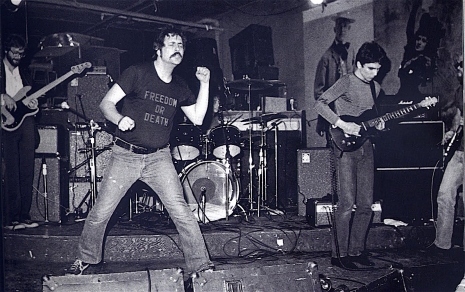
CBGB, June 1977.
Bangs recorded his debut single for Ork Records in 1977, though it was shelved until the tapes were bought by Spy, the label owned by John Cale and Patti Smith’s manager, Jane Friedman. Released in 1979, “Let It Blurt” b/w “Live” was mixed by Cale.
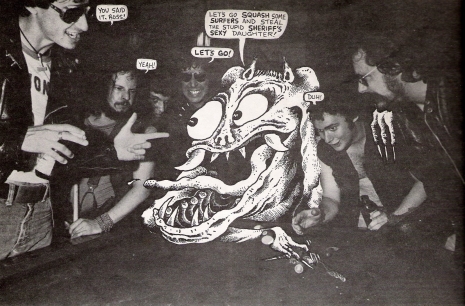
Arturo Vega, far left; John Cale, center; and Lester Bangs, far right (from the “Mutant Monster Beach Party” issue of PUNK magazine, 1977).
Meanwhile, Cale’s music and live performances took on a confrontational/unhinged tone during the late ‘70s. The 1977 EP, Animal Justice, his first record of new songs in two years, marked this change.
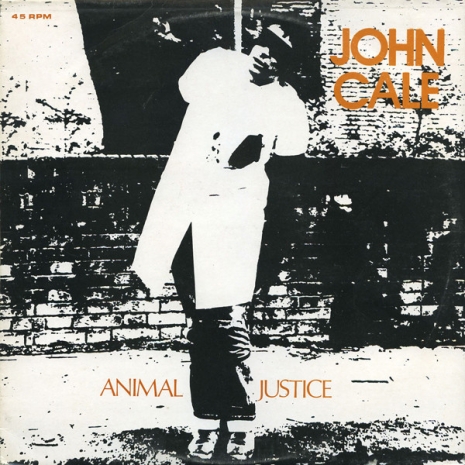
Prior to the September 17th, 1978 show at CBGB, Cale had been keeping a low public profile that year, focusing on production and session work. The CBGB performance wasn’t even billed as a Cale gig—but more on that in a moment. As for Bangs, in addition to his day job as rock scribe, he was fronting the post-punk band Birdland.
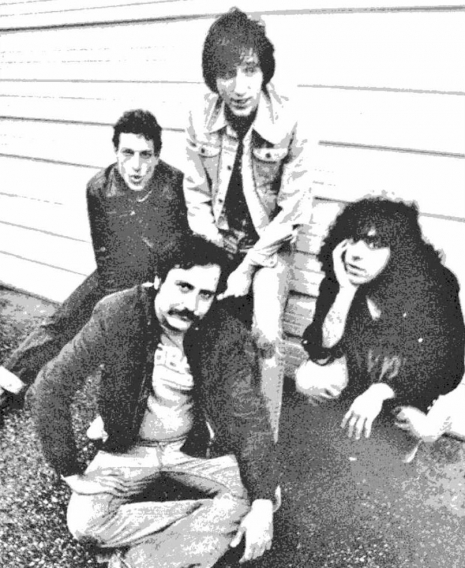
A CBGB’s ad for the night in question lists the ghoulish punk/metal group, the Corpse Grinders—an outfit formed by former members of the New York Dolls—as the headliners, with the Tom Carey Band as the openers. It’s unclear who was involved in the Tom Carey Band (other than, presumably, someone named Tom Carey), but they probably had some sort of relationship with John Cale and/or Lester Bangs, since they both joined them onstage. Very little is known about the music on the 35-minute recording of this set. It’s been speculated that the material is a “suite of songs” penned by Cale—on guitar and lead vocals here—and though he does appear to be the guiding principal, it sounds like one long improvised jam to me. Cale seems to be working his way through lyrics and melodies that sound pretty far from being set in stone, with Bangs occasionally joining him for some demented vocalizing, while the band tries to keep up. It’s all very loose and crazed.
More after the jump…







